
A solid opportunity, especially for international investors looking to expand. Morocco offers more than just a strategic location. It connects Europe, Africa, and the Middle East, and benefits from favorable trade agreem ...
Read more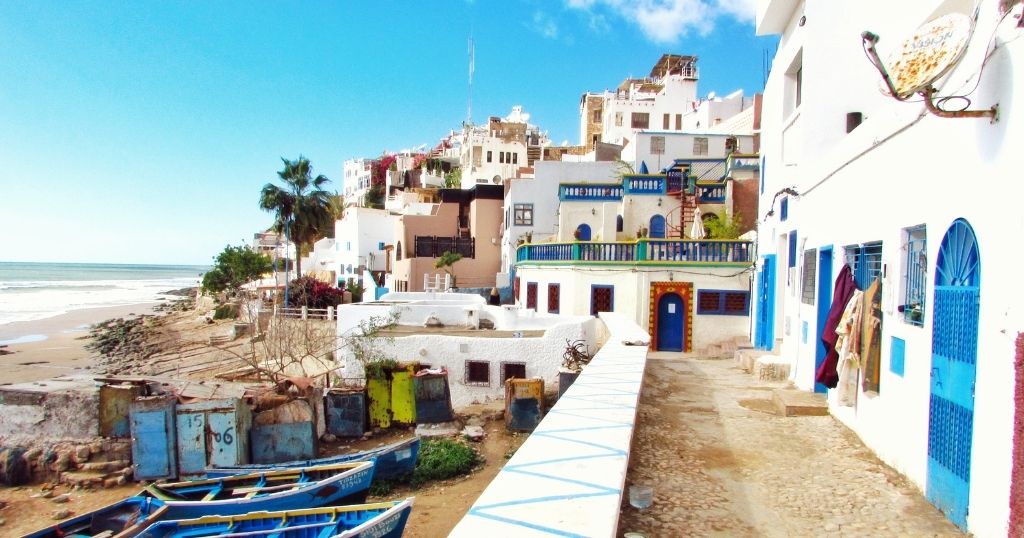
Morocco, which has about ten public holidays (also called national holidays) per year, is considered as one of the most generous countries in the world. In North Africa, the Kingdom of Morocco at the 2nd position, behind Egypt, according to a ranking of Arab countries in 2020.
In the world, Colombia and India have the most public holidays, with 18 days each. On the other hand, Mexico holds the world record for the lowest public holidays with only eight days!
For the anecdote, in Peru, on February 14th, Valentine's Day is a non-working day! Notice to the romantics.
Do you know the exact dates of public holidays in Morocco, legally considered compulsory days off and paid by companies, under certain conditions? To better inform you about the public holidays in Morocco, this article has been written to help you plan your weekends and well-deserved vacations in this period of pandemics.
Note that there are two types of holidays in Morocco: civil holidays whose date does not change from year to year, and religious holidays whose date differs because they are based on the lunar calendar. The lunar calendar is used in the Muslim religion, which is not the same as the Gregorian calendar (also called the solar calendar) that we use daily.
Nothing is more unfortunate than to go to the office and find that all your colleagues are at home. If you have never experienced this embarrassing situation it is because you are perhaps very attentive by regularly consulting your holiday calendar. Otherwise, these few lines will be beneficial.
Morocco is very generous in vacations for civil or religious celebrations, among other commemorations, compared to many countries. But what do we know about public holidays in Morocco?
The decree defines public holidays in Morocco No. 2-77-169 of 9 Rebia 1 1397 (February 28th, 1977), which sets out public holidays in public administrations, public establishments, and concessionary services.
The list of public holidays in Morocco is long. These days are mainly dedicated to civil holidays, religious events, and some school vacations. You can also adapt your possible telecommuting periods by taking into account these specific days.
Not all public holidays are days off for employees, and your employer may still ask you to work on a public holiday. However, companies authorized to have their employees work on May 1st must pay them double because only May 1st is a mandatory day off and paid.
- Friday, January 1st: New Year's Day
- Monday, January 11th: Independence Day
- Saturday, May 1st: Labor Day
- Friday, July 30th: King Mohammed VI's Throne Day
- Saturday, August 14th: Oued Ed-Dahab Day
- Friday, August 20th: Day of the revolution of the king and the people
- Saturday, August 21st: Birthday of King Mohammed VI & Youth Day
- Saturday, November 6th: the celebration of the Green March
- Thursday, November 18th: Independence Day
To know which day we are in the Muslim calendar, also called the lunar calendar.
The dates given in the Gregorian calendar are subject to change according to the lunar observation from specialists.
The dates given in the lunar calendar will remain the same year after year.
- Tuesday August 10th : 1st Moharram: Muslim New Year
- Tuesday 19 and Wednesday 20 October : 12 & 13 Rebia : Prophet's birthday (2 days)
- Thursday 13 and Friday 14 May : 1 & 2 Chaoual: Eid-el-Fitr, which marks the end of the month of Ramadan (2 days)
- Monday 19 and Tuesday 20 July : 10 & 11 Hija: Eid-el-Kebir (70 days after the end of Ramadan) - sacrifice feast (2 days)
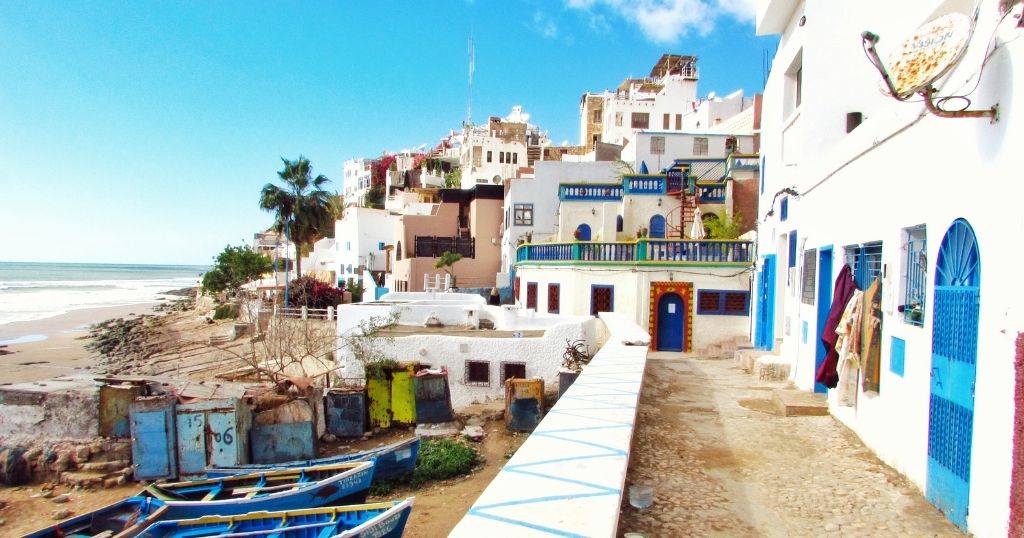
The New Year is celebrated on January 1st of each year. As in many countries in the world, this day is also a holiday in the Kingdom of Morocco. It marks the passage to the new year.
There are a total of 13 civil and religious events in Morocco that Moroccans celebrate each year. One of them is the Independence Manifesto, celebrated on January 11th of each year.
January 11th is an important date in Morocco because it symbolizes this significant act for the Moroccan people. Indeed, it marks a national awareness in Morocco in the 1940s.
On January 11th, 1944, a group of Moroccan nationalists decided to openly demand their country's independence by signing a manifesto that they would submit to the colonial authorities of the time (mostly French colonies). This particular event is why this historical episode is remembered every year and commemorated on January 11th.
The first May of each year is celebrated as Labor Day or International Workers' Day. This international labor day, dedicated to workers and instituted several centuries ago, is a day off and paid in many countries, including Morocco. On May 1st, Moroccan people usually use this occasion to express their claims and expectations to the government.
In Morocco, the Feast of the Throne is celebrated every year on July 30th, interspersed with several official and popular ceremonies. It is the anniversary of the enthronement of King Mohammed VI, which took place on July 30th, 1999. This celebration also marks the official allegiance of the sovereign. Suppose you are in Morocco on this occasion. In that case, you will hear about the Feast of the Throne in glowing terms, which will also be an opportunity to highlight one of the country's cities. July 30th of every year is therefore celebrated in Morocco by a public holiday.
On August 14th, we will celebrate the holiday of Oued Eddahab (also spelled Oued Ed-Dahab), which is celebrated on a single day. A day full of emotions because it marks the return of the Saharan provinces to Morocco. Beyond the festive dimension, the day of Oued Ed-Dahab, considered a chapter in the history of the Kingdom of Morocco, symbolizes the completion of the territorial integration process of the Kingdom. This particular event is why August 14th in Morocco is marked with a holiday.
A week later, Moroccans will commemorate the anniversary of the King and People's Revolution of August 20th, 1953. This event will take place on a single day. The revolution is a legendary turning point in the history of Morocco, marked by the exile of Sultan Mohammed V and his family.
We will also remember the historic speech of the sovereign during his visit to Tangier, April 9th, 1947. This message to the nation was a boost for the national resistance. To keep in memory, this historical event where the French authorities tried to take over the Kingdom of Morocco, the day of August 20th of each year is marked with a national holiday.
August 21st of each year is celebrated the birthday of King Mohammed VI. This day is a national holiday for all the people of Morocco. King Mohammed VI is the third to hold the title of King of Morocco since July 23rd, 1999. August 21st of each year is therefore celebrated with a public holiday.
Youth Day, also celebrated on August 21st of each year, is an important event in Morocco, especially since it takes place on the same day as the birthday of Mohammed VI. It is an opportunity for the country to celebrate the younger generation as the living force of the nation. This popular holiday, which follows the commemoration of the revolution of the King and the People, is an event celebrated by a public holiday. On August 21, 2 major events are celebrated together in one day.
To liberate the Sahara from the Spanish occupation, King Hassan II of Morocco called on his people to undertake a long march to the Kingdom's south. The date marking the start of the Green March, November 6th, 1975, is engraved in stone as it marks a landmark event in the Kingdom's contemporary history: the Green March festival. In Morocco, the Green March, which illustrates the powerful cohesion between the Throne and the people, is still present and celebrated today. Therefore, on November 6th of each year, the anniversary of the march is marked with a public holiday.
And finally, there is Independence Day. November 18th, 1955, the date on which the independence of Morocco is recorded. The Independence Day of the Kingdom is quite a program, even if the citizens have only one holiday to commemorate it.
November 18th of each year is a public holiday throughout the Kingdom of Morocco.
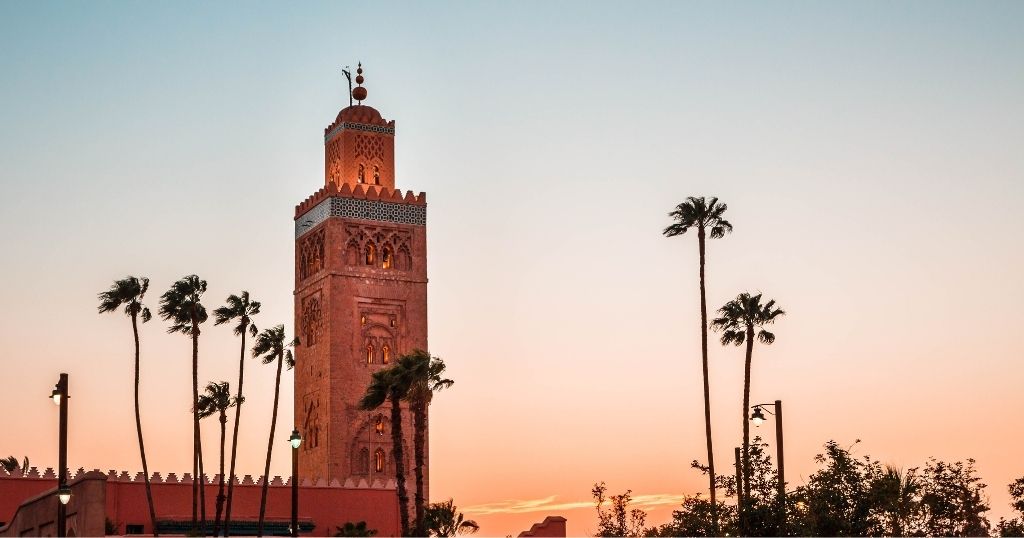
This religious holiday corresponds with one of the four holy months of Islam, the month of Muharram.
This holiday, more commonly known as the "Muslim New Year" (the 1st day of the lunar year), corresponds to the Hegira of Muhammad in 622. This holiday of this month of the Muslim calendar is very well known to workers in the Kingdom.
Another anniversary is celebrated here. It is the commemoration of the birth of the Prophet of Islam, called Aid al Mawlid Annabawi. This date is not fixed from year to year as it follows the lunar calendar.
It is celebrated with great fervor in Senegal with three days. In Morocco, it is in great sobriety that we commemorate the anniversary of the Prophet of Islam. For this holiday, Moroccans will be assigned two consecutive days: 12 & 1
At the end of Ramadan each year, the feast of Eid Al Fitr is celebrated in Morocco with two days of holidays to mark the end of the breaking of the fast. Unfortunately, this date cannot be determined in advance as it corresponds to lunar observations.
Every year, after a month of abstinence and fasting, all Muslims worldwide celebrate this holiday, marking the end of Ramadan. This special event is more commonly known as Eid as-Seghir, as opposed to Eid al-Kebir.
In Morocco, a Muslim country, it lasts two days: 1 & 2 Chaoual. Therefore, the approximate date of the end of Ramadan is often known in advance. However, it can always vary by one day according to the lunar observations.
Like other Muslims in the world, Moroccans will have two paid holidays to celebrate the most important Islamic holiday with their families. Eid al-Adha or Eid al-Kebir is a holiday also called "Tabaski" in sub-Saharan African countries where a sizeable Muslim community lives.
The date of Eid al-Adha is not fixed from one year to the next since it is calculated based on the lunar calendar, used in the Muslim religion as a reference calendar. This date is therefore never known in advance.
It commemorates the strength of Ibrahim's faith. Muslims who can afford to do so, traditionally sacrifice a sheep or an equivalent animal every year. That is why this day is also often called the "Feast of Sacrifice" or " Sheep Feast."
Public holidays in Morocco all have a special meaning, whether it has to do with the history of the country or the religion of the Kingdom: Islam.
In Morocco, public holidays are the perfect opportunity to gather with the family to celebrate this moment together, especially for religious holidays. As a result, Moroccans often organize their days off around public holidays and school vacations to make the most of their free time.

A solid opportunity, especially for international investors looking to expand. Morocco offers more than just a strategic location. It connects Europe, Africa, and the Middle East, and benefits from favorable trade agreem ...
Read more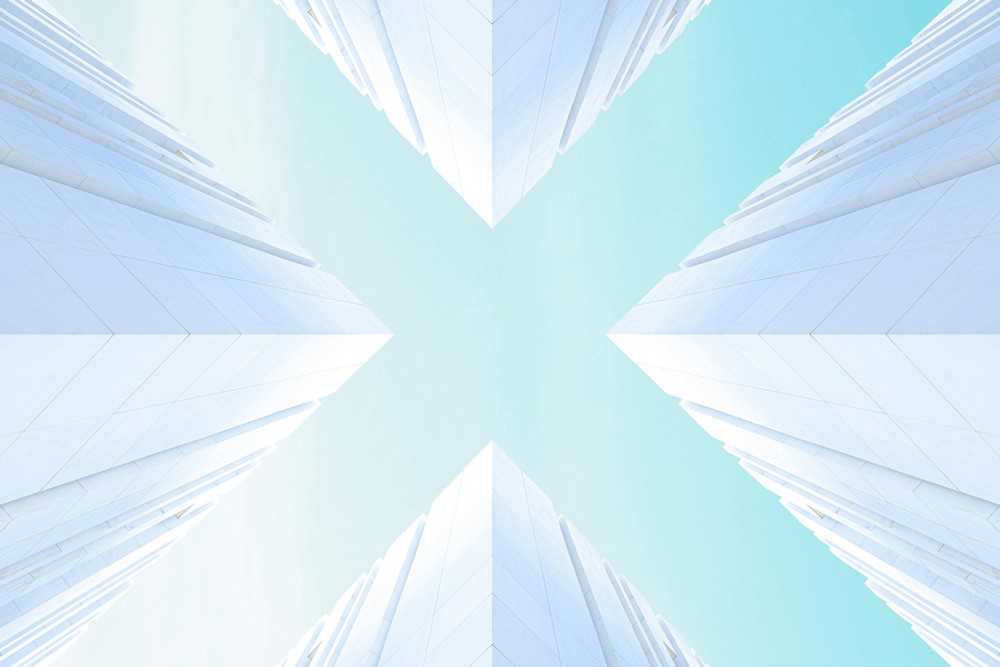
Plenty of reasons to consider it. Morocco is growing, well located, and actively attracting investment. For both locals and international investors, the country offers real business potential. But getting started means g ...
Read more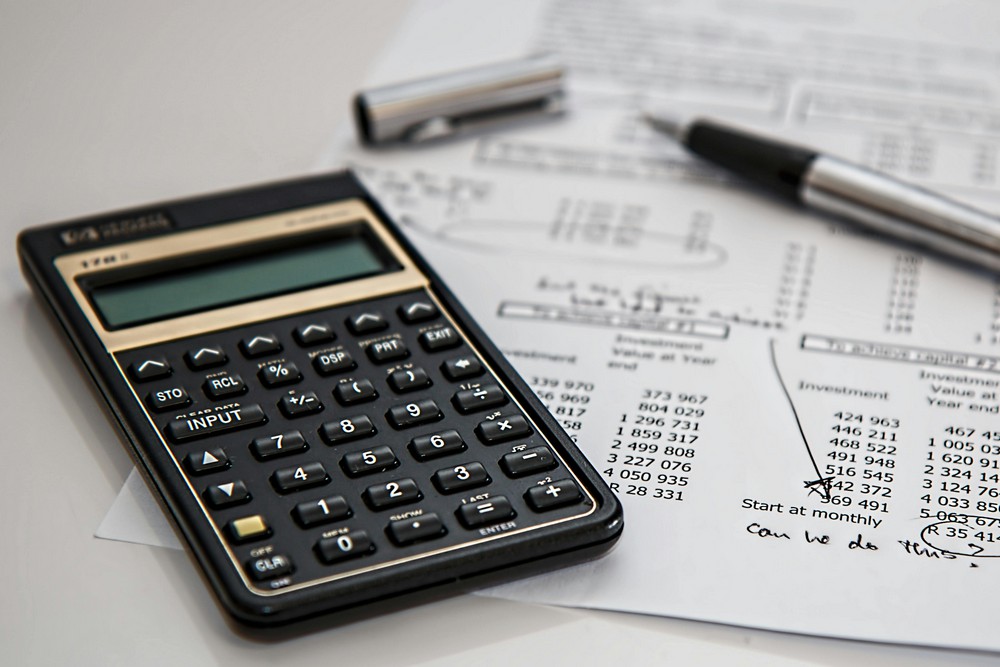
Expanding into a new market isn’t just about locking in your strategy or chasing growth. You also have to follow the local rules, especially when it comes to accounting. For any company doing business here, knowing the ...
Read more